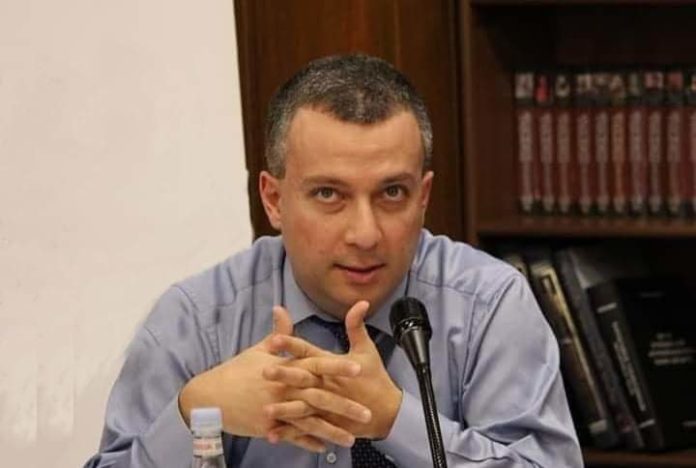When Armenia, Azerbaijan, and Russia signed the November 10, 2020, trilateral statement, it seemed that the Kremlin scored another victory in the South Caucasus. It was a thinly veiled secret that Russia wanted to have boots on the grounds in Nagorno Karabakh, and at least since 2014-2015, has pushed for a solution which envisaged the deployment of Russian peacekeepers in the region after the withdrawal of Armenian forces from the security zone around Nagorno Karabakh.
The idea of deploying peacekeepers in the region as a part of the conflict settlement is not new. The Organization for Security and Cooperation in Europe (OSCE) even established a high-level planning group to design the operation. However, while the international community was speaking about multinational peacekeeping forces and many argued that co-chair countries, including Russia, should not take part in the operation, Russia was interested in having only Russian troops in Nagorno Karabakh, viewing it as a tangible tool to secure its influence in Azerbaijan. Thus, as Russian peacekeepers were entering Nagorno Karabakh just hours after the signature of the November 10, 2020, statement, there was a feeling in Armenia that now the security of Armenians was guaranteed. Experts repeated like a mantra too many times this sentence – Russian troops never leave the territory where they entered. Thus, almost everyone was confident that Russian troops would remain in Nagorno Karabakh forever, and the status of the region would remain in impasse, providing the Armenians of Nagorno Karabakh de facto independence from Azerbaijan.
It is challenging to assess how accurate these estimates were back in November 2020 and whether Russia was interested in keeping its troops in Nagorno Karabakh forever, making it an endless point of contention with Azerbaijan. Meanwhile, as the war in Ukraine significantly increased the importance of Azerbaijan for Russia as the shortest transit route to reach Iran and establish a corridor that would connect Russia with India and other Asian countries via the Russia – Azerbaijan – Iran route, the notion that Russia would be ready to significantly worsen its relations with Azerbaijan only to have a military presence in Nagorno Karabakh sounded less realistic.
Is a military presence in Azerbaijan the only way for Russia to secure its interests? There was no Russian military presence in Azerbaijan from 2012-2020, but it did not prevent the two countries from developing strategic partnerships, including large-scale arms sales to Baku.
Meanwhile, after the start of the war in Ukraine, the collective West, and especially the US, launched a new “Russia containment policy” with the primary goal of reducing Russia’s presence and influence in the post-Soviet space, including the South Caucasus. In this context, the Russian military presence in Nagorno Karabakh itself could not guarantee anything for Russia. If Azerbaijan becomes too anti-Russian, and if after the Armenia – Azerbaijan and Armenia – Turkey normalization processes, the Russian military presence in Armenia may disappear, then the Russian peacekeepers in Nagorno Karabakh become a liability rather than an asset for Russia.
Meanwhile, as the Armenian government recognized Azerbaijani territorial integrity within the administrative borders of 1991 Soviet Azerbaijan, including Nagorno Karabakh, the whole idea of keeping Karabakh’s status in limbo to secure the extension of the Russian peacekeepers’ mandate indefinitely, became obsolete. If Armenia and Azerbaijan agree on the future of Nagorno Karabakh, no external power can reject that agreement and push for a different solution.








